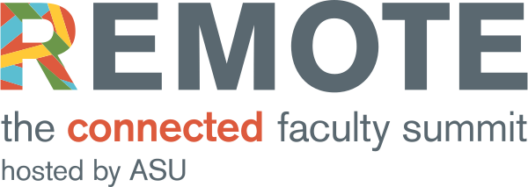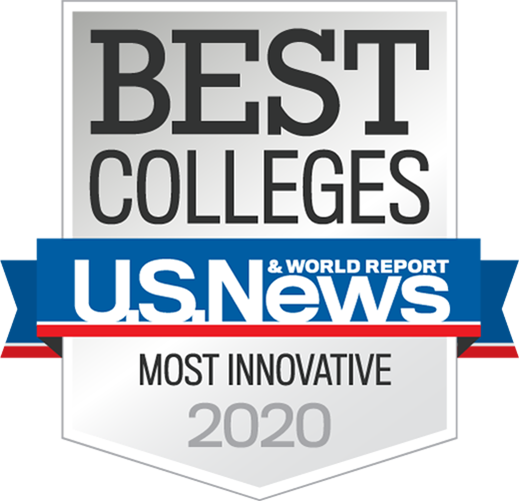Will robots take my job?
Session Overview
This video was part of the July 2020 REMOTE: The Connected Faculty Summit
This provocatively titled panel examines what the mass shift to remote, online learning means for faculty workload, well-being and job security. Will we see faculty redundancies, or drastic cuts to curricula in order to keep institutions financially stable? Is further contract casualisation inevitable? How can university leaders ensure that academia remains a competitive career option against the private sector? And what steps must leaders take to ensure workplace wellbeing in the wake of the move to online teaching?
To protect, support and recognize the work of faculty, what new policies will be needed? How will faculty be evaluated? What new skills will be required? How will universities potentially attract or retain talent from more diverse backgrounds or marginalised communities?
This panel is managed and moderator by our content partner, Times Higher Education, the publisher behind the world’s biggest dataset that produces the annual THE World University Rankings, with an expertise in independent higher education reporting and analysis spanning 50 years.
Speakers
Professor Diana Laurillard
Chair of Learning with Digital Technologies, UCL Institute of Education
Diana Laurillard, Professor of Learning with Digital Technologies, UCL Knowledge Lab. Formerly Head of the e-Learning Strategy Unit at Department for Education and Skills (2002-5); Pro-Vice Chancellor for learning technologies at the Open University (1995-2002). Recent book: Teaching as a Design Science, Routledge. Researching MOOCs, learning design, and digital games for dyscalculia.
Her research includes large-scale online communities of teacher-designers, and the use of specialised digital course design tools to enable teachers to create and share new pedagogies for using learning technology. She is currently running two MOOCs on teacher development in digital course design.
Loretta Feris
Deputy Vice-Chancellor: Transformation, The University of Cape Town
Loretta Feris is the Deputy Vice-Chancellor for Transformation, Social Responsiveness and Student Affairs at UCT. She is also a Professor of Law in the Institute of Marine and Environmental Law at the University of Cape Town (UCT) where she taught natural resources law, pollution law and international environmental law until 2017 when she took up executive office. She continues to supervise postgraduate students as part of her role as law professor. She holds the degrees BA (law), LLB and LLD from the University of Stellenbosch in South Africa and LLM from Georgetown University in the USA. Prof Feris is an NRF rated researcher and has published widely in the area of environmental law, including environmental rights, liability for environmental damage and compliance and enforcement of environmental law. She is the Chair of the board of Natural Justice, a non-profit organization that specializes in human rights and environmental law in Africa in pursuit of social and environmental justice and is also a board member of Biowatch a non-profit that works with small-scale farmers to promote agroecology. She has until 2013 served on the board of the South African Maritime Safety Authority and is a Law Commissioner of the World Conservation Union (IUCN) and a member of the IUCN Academy of Environmental Law where she served on the teaching and capacity building committee for three years.
Thomas Schneider
Professor of Egyptology and Near Eastern Studies, University of British Columbia, Vancouver
Thomas Schneider is Professor of Egyptology and Near Eastern Studies at the University of British Columbia, Vancouver. In 2018-20, he was Associate Vice President (International) at the Southern University of Science and Technology in Shenzhen, China, and continues to serve the university as Senior Advisor for Global Education.
Beyond academic and administrative experience in Canada and China, he has significant global know-how from positions in Switzerland and the United Kingdom as well as visiting professorships in Austria, Germany and Israel.
Sara Custer
Digital editor, Times Higher Education
Sara Custer is digital editor at THE. She has covered global higher education as a journalist for more than five years. Before joining THE in 2017, she was editor of international education website and magazine, The PIE News.



